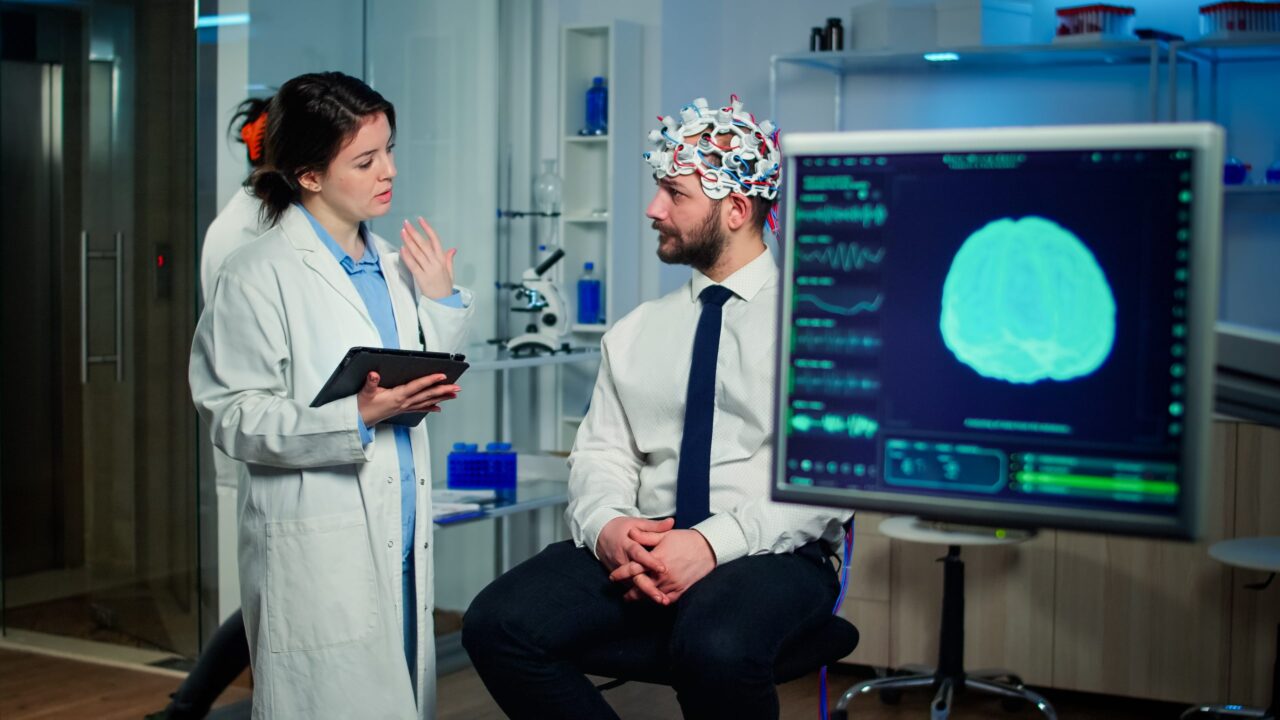Our brain, the delicate structure located inside our skulls, is the epicenter of our thoughts, our memories, our emotions and virtually all the processes that shape our existence. Despite centuries of study and exploration, the human brain remains shrouded in mystery and ignorance. This is where neuroscience comes in. This scientific discipline seeks to understand the complex mechanisms that drive our mind and behavior. Neuroscience laboratories play a central role in this effort.
Genetics and neurosurgery are also essential aspects of the research. Neuroscientists use genetics to trace the lines of inheritance of certain traits and diseases, while neurosurgery allows researchers to make precise alterations in specific areas of the brain to analyze the effects on behavior and cognitive function.
Neuroscience Laboratories: Pioneers in Understanding Human Mentality
Neuroscience labs are truly high-level research centers that seek to discover and unravel the enigma behind our complex cognitive faculties. These labs use a variety of tools and techniques ranging from electroencephalograms and MRI scans to experiments with neurosurgery and genetics.
Neuroimaging, one of the most crucial approaches in these labs, allows researchers to see the brain at work, to observe how different areas of the brain interact and how these interactions give rise to various aspects of human behavior.
Advances in Neuroscience and the Future of Brain Insight
In recent years, neuroscience laboratories have made significant contributions to our understanding of the brain. Advances in technology and experimental methods have allowed for a deeper and more detailed analysis of the brain and its functions. Neuroscience has provided valuable insights into a variety of mental health conditions, such as depression, schizophrenia, bipolar disorder, and attention deficit disorder, among others.
In addition, these labs are conducting cutting-edge research in areas such as neuroplasticity, which is the brain’s ability to change and adapt in response to new experiences, neurogenomics, which studies the relationship between genes and brain function, and neuroprosthetics, devices that can help restore or replace the function of damaged parts of the brain.
Kalstein the solution to the future
In conclusion, neuroscience laboratories play a pivotal role in advancing our understanding of the human brain. Through their work, we are not only unlocking the mysteries of the mind, but also opening new avenues for treating and curing a broad spectrum of mental and neurological disorders. In the future, with the continuation of this cutting-edge research, we will be able to glimpse ever more clearly the wonders and complexities of our own consciousness.
We at Kalstein open a new universe where you will find a space with the latest technological and scientific advances, we present the 3D platform, here you will discover infinite versatile functions for manufacturers and distributors of laboratory equipment regardless of type, you will have the option to design your profile and be in contact with each user anywhere in the world, we offer unparalleled advantages in over 10 languages and you will have your own 3D laboratory, you will publish to buy, sell or rent equipment for laboratories or medical, learn more HERE

